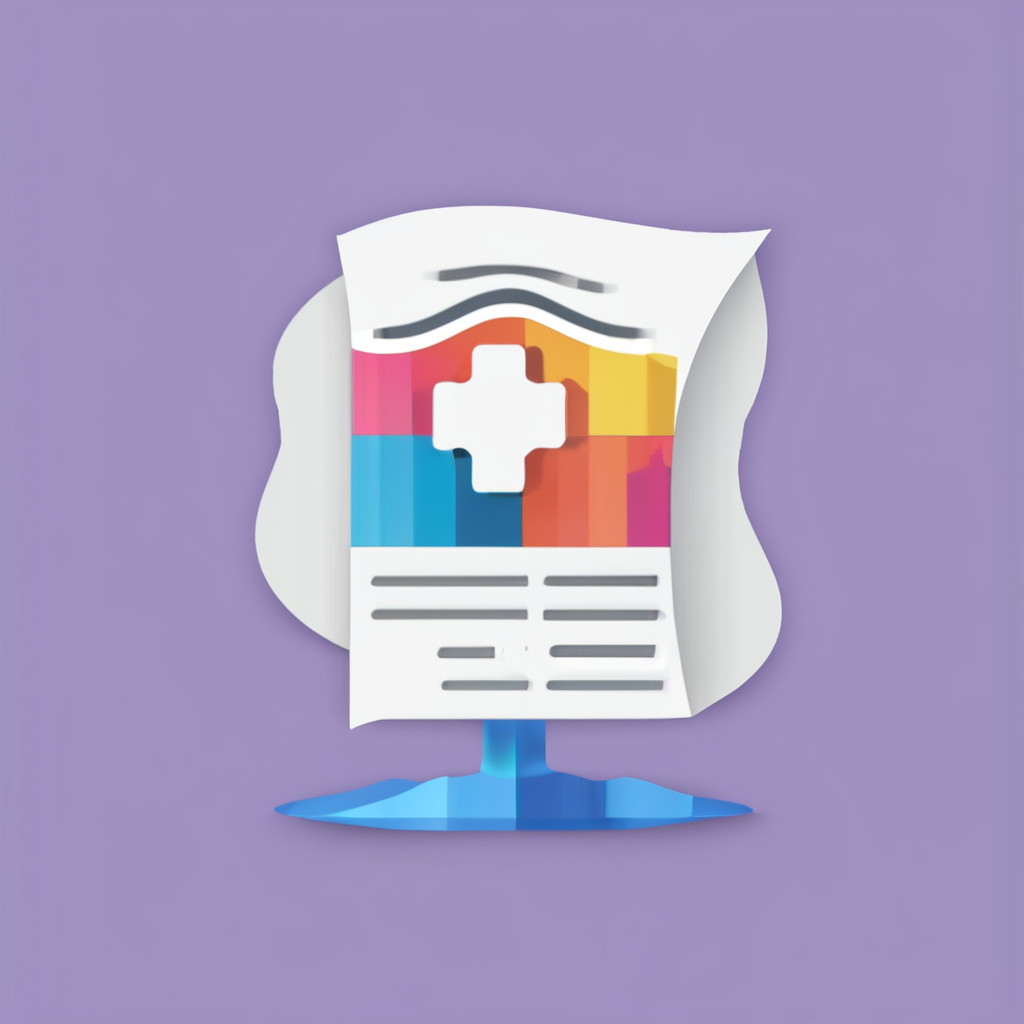Overview of Art Therapy
Art therapy is a therapeutic approach that combines the creative process with psychological insight to improve mental health and well-being. It operates on the principle that artistic expression can foster personal growth and healing. Historically, art therapy gained recognition in the mid-20th century, evolving from being a supplementary treatment to a sophisticated therapeutic discipline. Its development was heavily influenced by the growing acceptance of integrating creativity within psychological and therapeutic practices.
The benefits of art therapy are diverse, offering both emotional and psychological relief. Through creative expression, individuals can explore emotions, reduce anxiety, and address unresolved issues. Art therapy techniques such as drawing, painting, and sculpting are frequently utilised, especially in stress management contexts. These activities provide a non-verbal outlet for individuals to express complex emotions and thoughts.
Also to read : Ultimate cheese survival kit: top cheese choices to avoid during pregnancy in the uk for a healthy journey
Different therapeutic techniques cater to specific needs, such as guided imagery or the use of metaphorical art to unlock subconscious processes. These methods are particularly useful in helping individuals gain insights into personal conflicts, facilitating stress relief and emotional release. Art therapy’s versatility makes it applicable to a wide range of emotional and psychological challenges.
Benefits of Art Therapy for Stress Relief in Pregnant Women
Pregnancy often triggers heightened emotional sensitivity, making stress relief a priority for expectant mothers. Art therapy offers numerous benefits documented to help alleviate anxiety and depression during pregnancy. By providing a creative outlet, art therapy facilitates emotional expression and self-discovery, reducing the mental burden associated with pregnancy-related stress symptoms.
Topic to read : Ultimate Handbook for Expecting UK Academics: Expert Strategies for Maternity Leave Preparation
Engaging in artistic activities like painting or sketching can significantly bolster emotional well-being, offering an empowering means to process complex feelings. These activities foster a safe environment where women can explore inner emotions without judgement, promoting emotional well-being.
Physically, art therapy has been shown to alleviate symptoms such as tension and fatigue. The soothing nature of art allows women to shift focus from stressors and enjoy moments of creativity and peace. Also, expectant mothers often report enhanced benefits from art therapy sessions in group settings, where they share experiences and support each other. The combination of personal expression and communal support enriches the therapeutic journey. Thus, art therapy serves as a valuable tool in managing pregnancy-related stress, enabling women to embrace a healthier emotional and mental state.
Personal Stories and Testimonials
Art therapy has not only been a scientific exploration but also a personal journey for many. Real-life accounts from expectant mothers highlight profound shifts in emotional health through artistic expression. Personal experiences often mention the peace and understanding gained by exploring their emotions via painting or sketching. These mediums serve as profound outlets, offering women a canvas where they feel safe to express their innermost feelings without words.
Testimonials reveal how pregnancy stress relief was significantly enhanced as these women engaged in art therapy. For some, it was the simple act of putting brush to canvas which helped dissolve feelings of anxiety and uncertainty. Community support has also played a crucial role; joining group sessions allowed mothers-to-be to connect and share. These shared experiences often fostered friendships and solid support networks that extend beyond pregnancy.
A mother from London recounted that art therapy sessions empowered her to manage intricate emotions. She specifically noted the difference it made in feeling prepared for motherhood in ways she hadn’t anticipated. Such personal stories underscore the transformative power of art therapy, inspiring others to embrace its benefits.
Expert Opinions on Art Therapy
Art therapy has garnered substantial praise from various experts, offering keen insights into its effectiveness. Psychologist insights reveal that art therapy can significantly impact emotional regulation and stress management. These professionals highlight its therapeutic potential in fostering self-awareness and emotional healing, particularly for expectant mothers grappling with anxiety or depression.
Licensed art therapists play a crucial role in this therapeutic journey. Their expertise allows them to tailor sessions that cater to individual needs, ensuring more effective outcomes. These therapists often employ a blend of creativity and psychological acumen, facilitating a nurturing environment where individuals can explore their emotions safely.
In recent research, studies have demonstrated the positive outcomes of art therapy, especially during pregnancy. Findings indicate that it not only reduces stress but also enhances emotional resilience. This body of research provides compelling evidence supporting art therapy as a viable treatment option, inviting more individuals to consider its benefits.
Expert advice and psychologist insights underscore the value of integrating art therapy into prenatal care. Prioritizing emotional well-being through creative expression can empower mothers-to-be, offering a path to healthier mental states during this pivotal life stage.
Practical Tips for Incorporating Art Therapy
For expectant mothers seeking to enhance emotional well-being through art therapy, several practical strategies can be seamlessly integrated into daily life. One simple approach is to start with DIY art therapy practices at home. Consider setting aside a comfortable space, furnished with basic art supplies like paints, brushes, and paper. This can serve as a personal sanctuary for creative exploration, providing a stress-free environment to unwind and process emotions.
Engaging in recommended art therapy exercises such as colour mandalas or guided journaling can significantly support stress management. These activities are designed to harness creative expression actively, empowering individuals to reconnect with their inner selves.
For those looking to expand their art therapy journey, finding qualified art therapists is essential. Many professional directories exist online, helping locate registered therapists across the UK who specialise in prenatal support. Additionally, art therapy workshops offer accessible introductions to various techniques, promoting the benefits of structured sessions.
By creating a dedicated art therapy space and engaging with professionals, expectant mothers can utilise these resources to optimise mental health and emotional stability during pregnancy.
Resources for Art Therapy in the UK
Navigating art therapy resources in the UK can be straightforward with the appropriate guidance. Several organisations offer services tailored for expectant mothers seeking emotional support. Recognised entities such as the British Association of Art Therapists provide a directory to connect individuals with licensed professionals specialising in prenatal care.
UK services like the NHS offer integrative programs incorporating art therapy for pregnant women, focusing on mental well-being. Local community centres also host workshops that are ideal for beginners eager to explore artistic expression as a therapeutic outlet. These workshops are not only accessible but also offer a chance to learn various techniques in a supportive environment.
Additionally, the digital age brings a range of online workshops offering flexibility and convenience. These virtual classes allow mothers-to-be to engage in art therapy from the comfort of their home. Beyond classes, support networks are invaluable. Online forums and local support groups facilitate shared experiences, fostering a sense of belonging and community. They create a space where pregnant women can share their journeys, enhancing the therapeutic benefits of art therapy through communal interaction.

